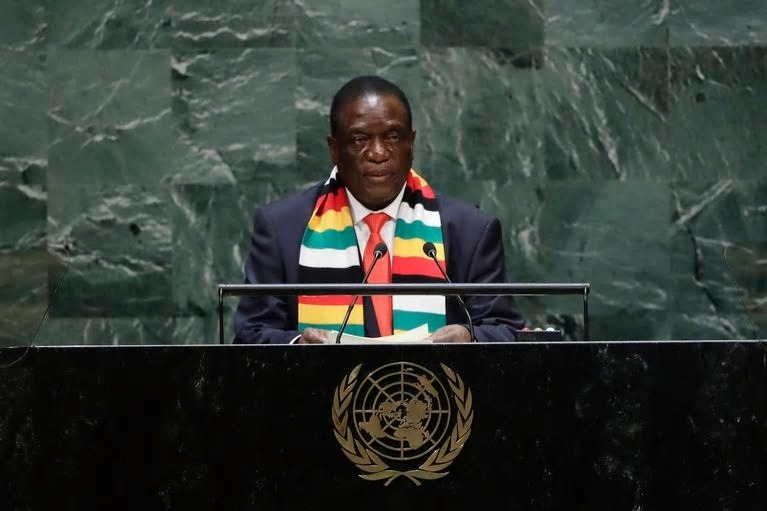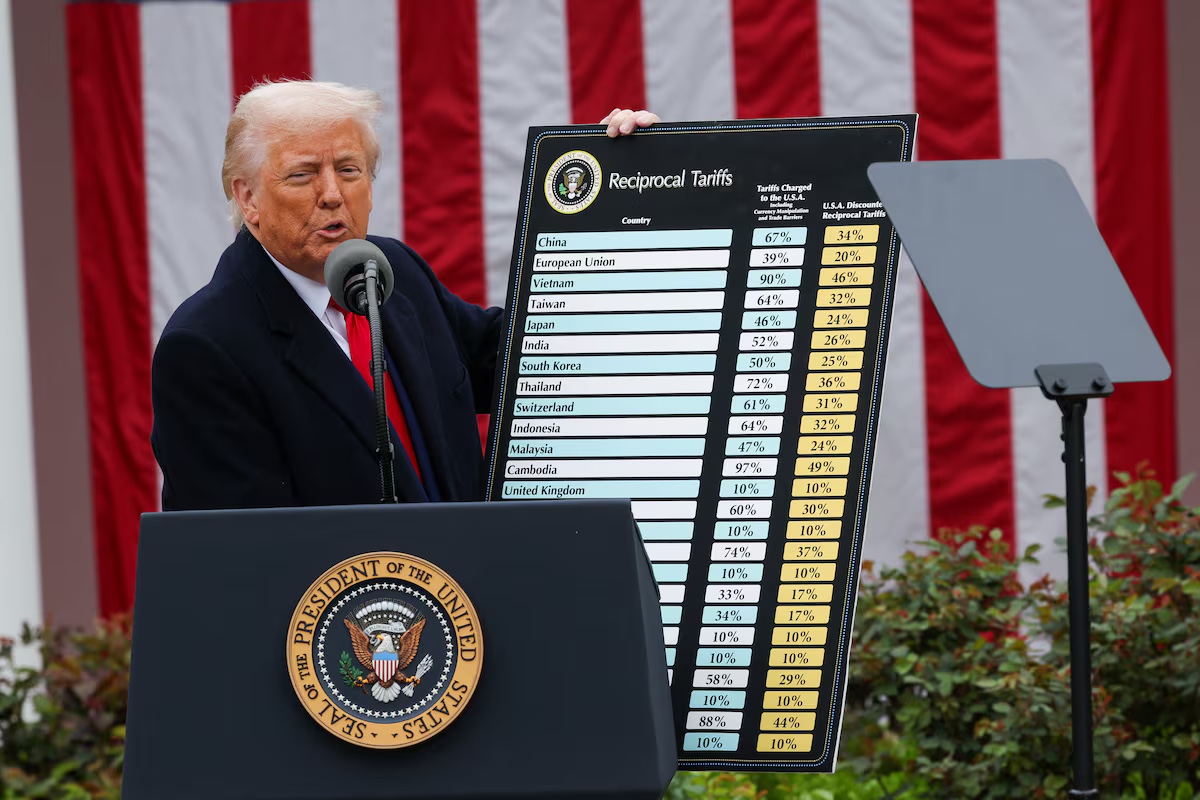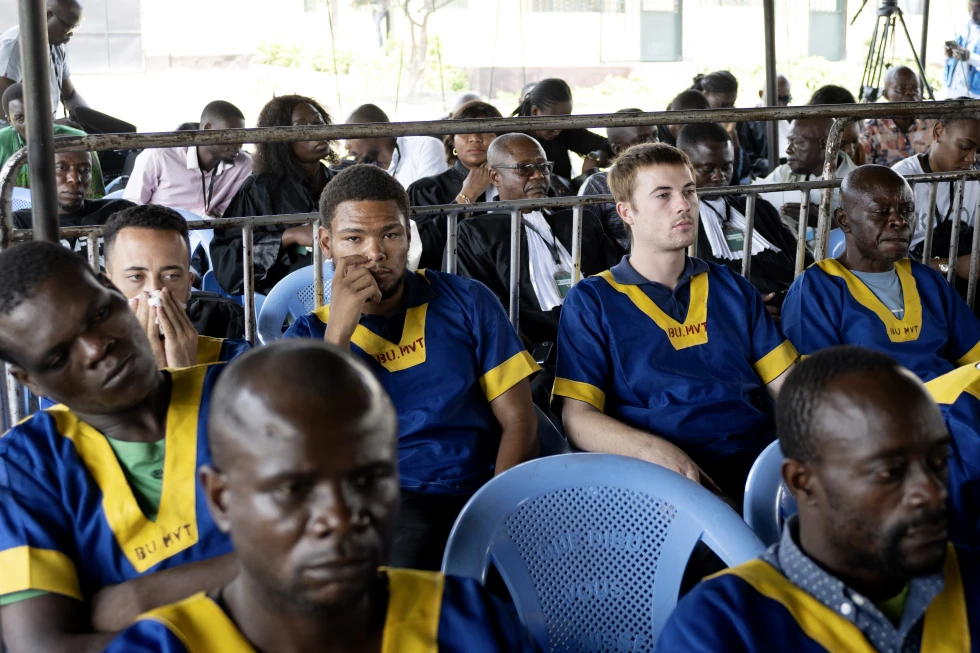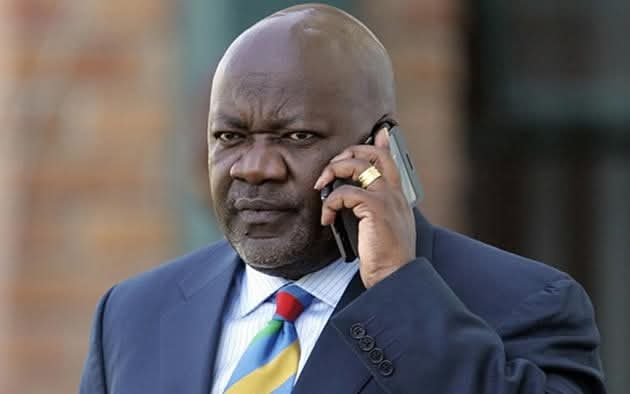HARARE – President Emmerson Mnangagwa has described his re-election last month as a product of a “credible” poll, telling world leaders Thursday his administration has “entrenched good governance” and brought “unprecedented development” in Zimbabwe.
Mnangagwa was delivering his address at the ongoing UN General Assembly in New York.
The Zimbabwean strongman has earned criticism at home for stifling free poll campaigns with the enjoyment of other basic freedoms still being curtailed.
His recent re-election has been flagged as fraudulent by regional and international poll observer groups that oversaw Zimbabwe’s controversial plebiscite.
However, Mnangagwa was still able to tell the world the poll was free and fair.
“Zimbabwe continues to entrench democracy, constitutionalism, good governance and the rule of law, following the recently held 2023 harmonised general elections.
“I am pleased to highlight that our country enjoyed peace, before, during and after our free, fair, transparent and credible elections,” he said.
As has become the norm with Zimbabwean leaders at the UN summit, Mnangagwa urged the scrapping of sanctions imposed against the country by the West at the turn of the century.
He said the measures imposed two decades ago “were designed to subjugate the sovereign will of the Zimbabwean people”.
Mnangagwa said sanctions have not stopped Zimbabwe from using its own domestic resources to leverage “unprecedented development and economic success”.
“We are recording unprecedented development and economic success milestones,” he said.
“For the last three years, our country has been the fastest growing economy in our Southern African region.
“Further, Zimbabwe is prioritizing the eradication of poverty and improving the quality of life of our people, particularly, those in rural areas.”
However, despite claims of economic success by their leader, a great majority of Zimbabweans are still struggling for basics such as daily meals.
The country battles recurrent power outages while the once self-sufficient working class has been forced to take up extra and often degrading forms of generating income to supplement tiny wages.
















